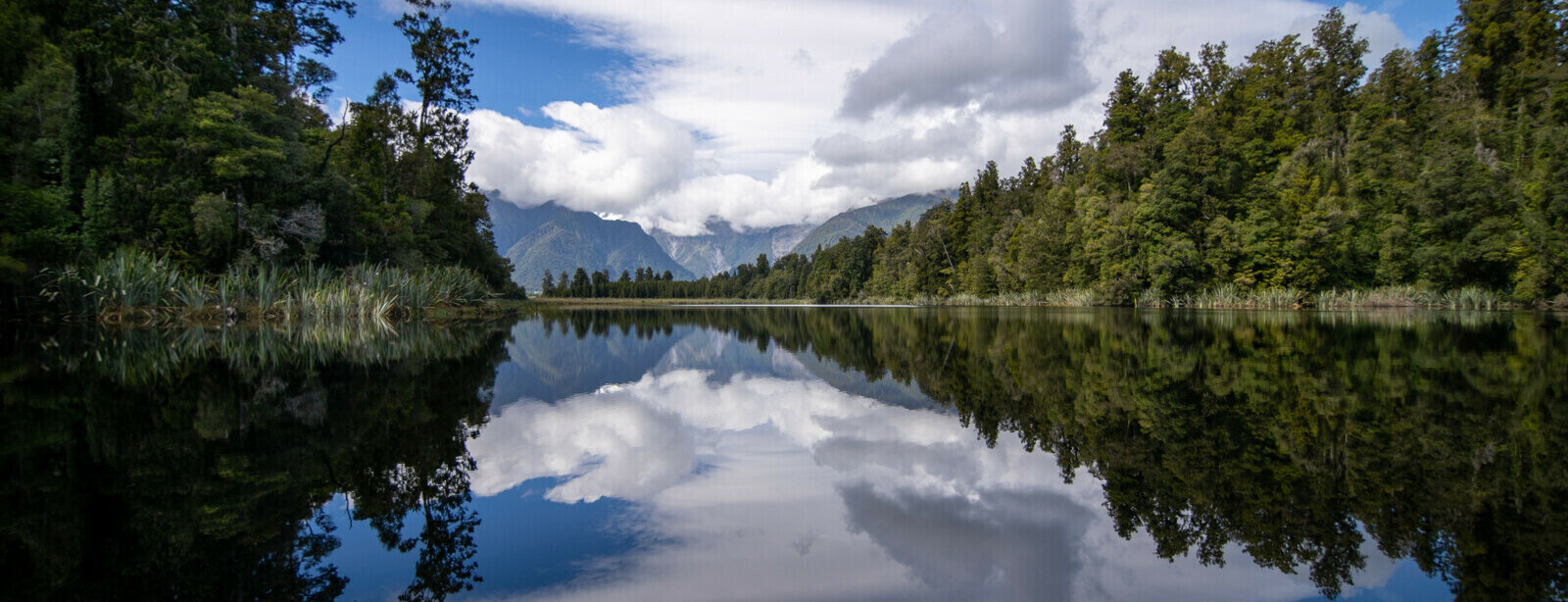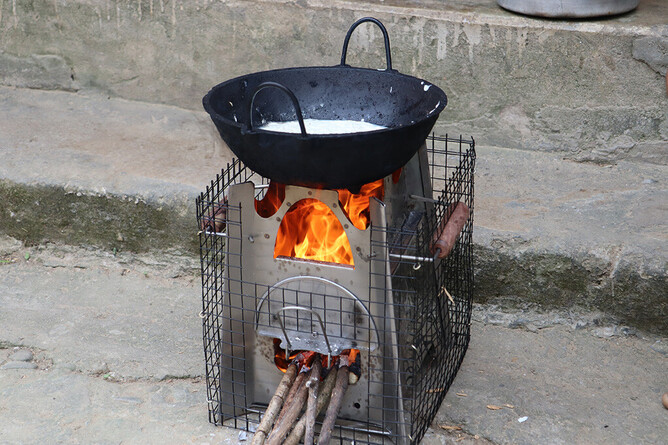At Moneyworks, we have been offsetting all our Scope 1, 2 and 3 carbon emissions since the financial year ending 31/03/2023. During 2025 we changed our provider and moved from purchasing a dedicated lot of native forest in New Zealand to a programme where native trees are planted in the Waikato (and we can participate in the planting). Because our emissions are so small, at the moment the options available to us are limited.
But for a number of years, we have been interested in the way that Harbour Asset Management offsets their carbon emissions so we thought we would find out more and share it with you.
Carbon offsetting is the process of cancelling out the CO2 emissions produced in one place with the act of absorbing carbon in another place (eg planting native trees).
The cookstoves project is an 'avoidance project' - this means that the emissions aren't produced in the first place. This is how Harbour explains how their carbon offsets work - they purchase offsets from a different cookstove project each year.
Cookstoves for Coffee Farmers, Ethiopia
Nearly 3 billion people in the developing world cook food and heat their homes with traditional cookstoves or open fires.
The Global Burden of Disease Study 2010 estimates that 4 million premature deaths occur every year due to smoke exposure from these methods. In fact, this is the fifth worst risk factor for disease in developing countries and women and children are the most affected.
Ethiopia is the country where coffee was first discovered and where Arabica coffee originally comes from. Coffee is the largest export product and plays an important role in Ethiopian culture. Arabica originally grows here in the forest where the foliage of the shade trees protects the coffee bushes against temperature fluctuations. However, due to the increasing population pressure in the country, we are seeing increasing deforestation. This not only removes the shade trees, but also the unique wild types of coffee that grow in the coffee forests of Oromia. These varieties vary in tolerance to disease and drought and can be used for the development of new coffee varieties. These forests are therefore crucial for the survival of coffee in a changing climate.
In the areas where the coffee farmers live, cooking is often done indoors on an open wood fire. This is very harmful to the health of mainly women and children. In addition, the use of wood is a major cause of deforestation in the region. Via the cookstove programme, farmer families are provided with a Mirt and a Tikikil, efficient cookstoves that reduce wood consumption and significantly reduce indoor smoke development.
Eight local Mirt and Tikikil workshops have now been set up and more than 6,000 households are equipped with efficient cookstoves. Users indicate that they suffer less from smoke related complaints, such as coughing, burning eyes and headaches. Women who gather wood save on average about ten working hours a week or €2-3 euros a week if the wood has to be bought.
Co-benefits:
Improves health by reducing exposure to toxic fumes as it is less smoky (typically for mothers and children)
Reduces household energy costs
Improves the local economy by supporting businesses and providing employment opportunities (the stoves are locally manufactured)
The use of wood is a major cause of deforestation in the region, the Mirt and Tikikil cookstoves are far more efficient.
However, all is not entirely rosy in the word of carbon offsets from cooking stoves. In October 2024, the former CEO of C-Quest Capital was indicted on charges of fraud. It is alleged that he helped to manipulate data from projects in rural Africa and Asia to fraudulently obtain carbon credits worth tens of millions of dollars. Read more by clicking here https://www.theguardian.com/environment/2024/oct/04/ex-carbon-offsetting-boss-kenneth-newcombe-charged-in-new-york-with-multimillion-dollar


